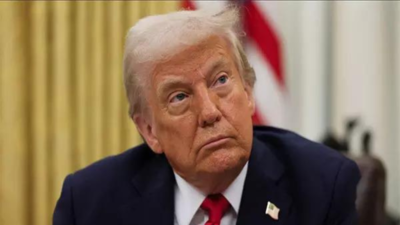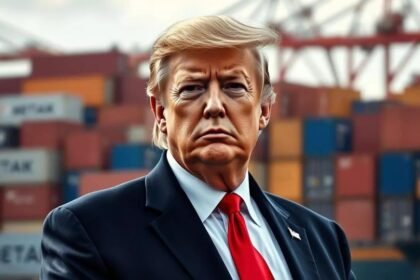A federal appeals court has ruled that most of US President Donald Trump’s “reciprocal tariffs” are illegal, but several key parts of his trade agenda remain unaffected, CNBC reported.The US court of appeals for the federal circuit on Friday held that Trump exceeded presidential authority when he imposed broad levies covering nearly 69 percent of US goods imports.However, the court clarified that its ruling does not impact certain sector-specific tariffs and other targeted duties, which would translate into about 16 percent of US imports.Most notably, Trump’s steel and aluminum tariffs – known as Section 232 tariffs – remain in place. The administration recently expanded these duties, raising levies of up to 50 percent to cover more than 400 additional product categories, according to the commerce department. “Section 232 tariffs are central to President Trump’s tariff strategy. They aren’t the target of the pending litigation, and they’re more likely to survive a legal challenge and continue into the next presidential administration, which is what we saw with the aluminum and steel tariffs originally imposed under the first Trump administration,” Mike Lowell, a partner at law firm Reed Smith, told CNBC. The Trump administration is said to be preparing to broaden its sector-specific tariffs, such as those on steel and aluminum, in an effort to sidestep the ongoing legal challenges, according to The Wall Street Journal.Tariffs imposed on Chinese imports during Trump’s first term, which were maintained by former President Joe Biden, also remain unaffected by the latest ruling. In addition, the elimination of the “de minimis” exemption which had previously allowed imports valued at $800 or less to enter the US duty-free has gone into effect. As a result, small and medium-sized businesses now face tariffs and duties on lower-value imports.The appeals court ruling temporarily allows Trump’s broader tariffs to remain until October 14, giving the administration time to appeal to the US Supreme Court.






